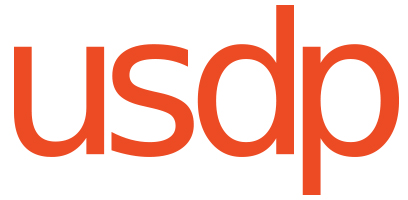Are you worried about the privacy of your analytics and customer data when you add tools like Google Analytics, Meta Pixel and the like to your site? As both a developer and a user of online banking, healthcare and e-commerce sites, I am.
Are cookie policy and privacy banners a nuisance to your users? They are to me.
We’ve become so entangled in the simplicity, usefulness and cost (free) of all the tools available to track and analyze usage of our websites. These tools can be useful, no doubt, but there is a cost. We’re losing control of our data, as businesses and, more importantly, as individuals.
Did you know that simply adding a Google map or Mapbox map to your site might add additional tracking scripts that leak your customer usage data to other organizations? In fact, any third party addition to your site could add tracking that you’re unaware of.
With the ever expanding landscape of privacy acts, privacy policies, and new laws, we’re stuck adding even more code to our sites to warn users that their data is at risk and they should take steps to protect themselves even before they start exploring our products and services on our website.
While I wish I had a magical solution to offer, I don’t. I do have some suggestions and alternatives you might consider, particularly in the realm of privacy-focused analytics.
Use the right Platforms
Spend some time looking for privacy focused analytics platforms. They do exist. I’ve also come across some open-source analytics platforms that can be self hosted. Using a self-hosted solution means that cookies used for tracking could be considered first-party instead of third-party. While this alone doesn’t make tracking cookies policy compliant or “strictly necessary” it goes a long way to protect data and customers.
If you are in search of privacy-focused analytics platforms, there are options. While we don’t have affiliations or partnerships with any of these platforms, here are a few we recommend looking into:
Plausible
Plausible touts a privacy first approach to tracking and analytics. It’s a EU based organization so it’s likely very GDPR compliance focused. It’s open-source so the code is available to run and host on your own systems.
Freshpaint
For HIPAA specifically, Freshpaint offers a data anonymization platform for analytics and tracking that can integrate with Google Analytics or operate independently. As a part of the platform they scan your site and alert you to possible scripts and trackers that might violate privacy. While services of this scale may be a big investment, considering the potential cost of a lawsuit and remediation efforts, it’s worth a look. I’m not an expert on this platform, but I have helped customers put it in place.
umami
Umami is a platform I’ve had my eye on for a while. Like Plausible it’s open-source and can be self hosted. Again, I have no experience with it, but I really like its features and privacy focus.
Looking for compliance assistance?
Legal advice might not be our forte, but we have helped dozens of clients navigate compliance issues from a technical standpoint. If you have questions about data privacy and tracking tools, our team is happy to try and help. While this is a vast and complex field, we do have some experience with PCI compliance, HIPAA compliance, data privacy and cookie policies, banners and platforms (like osano, cookieyes, onetrust).
Drop us a line if you want to learn more.

